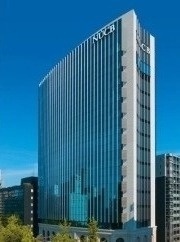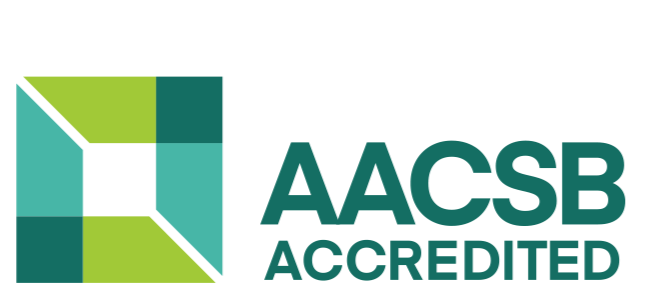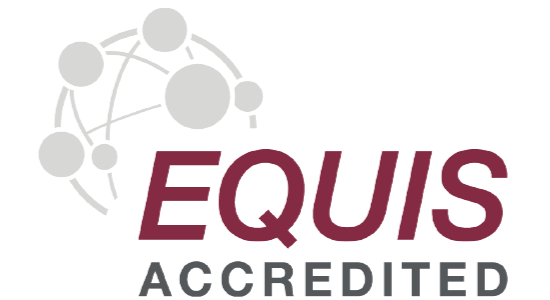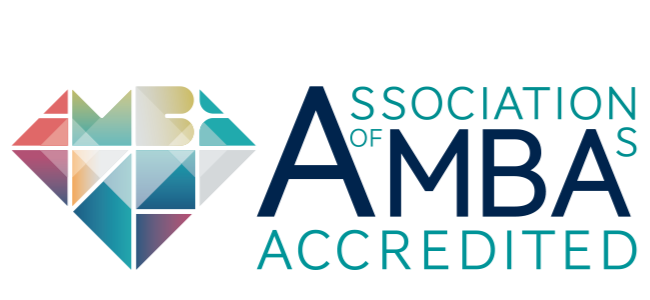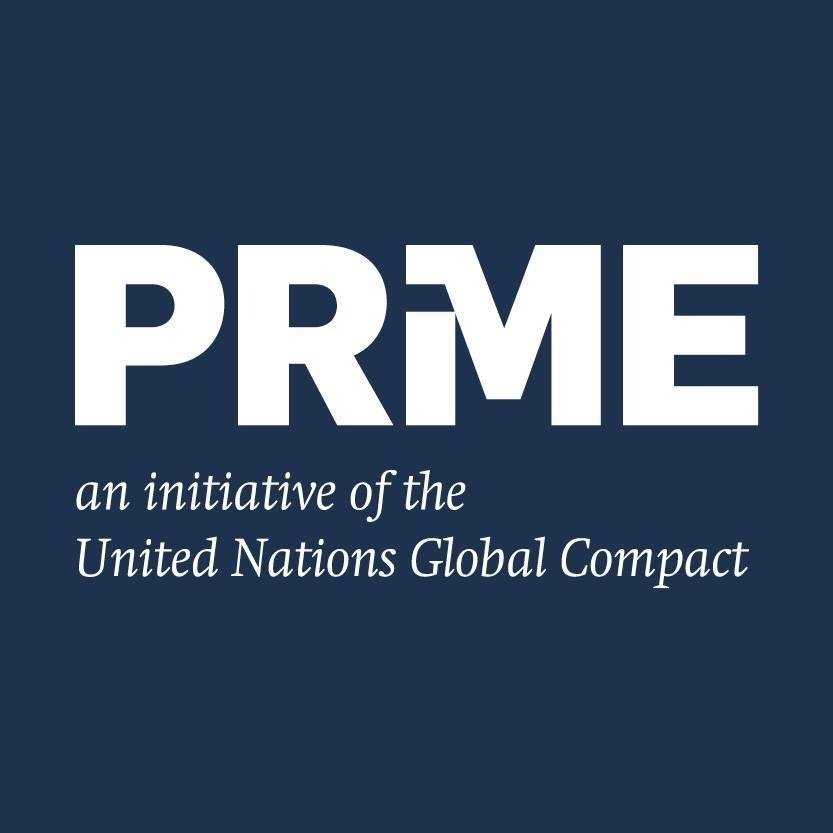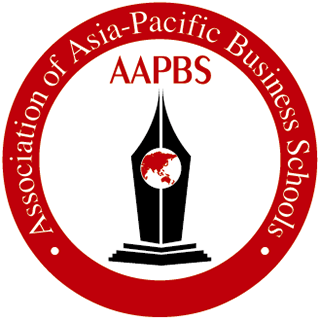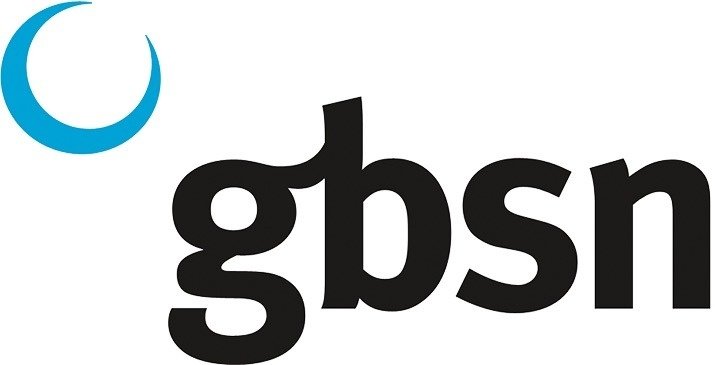Quality Assurance of Education and Research
Without accreditation from an international accreditation body, claims about the quality of an MBA program can only be considered subjective. AACSB is the oldest MBA accreditation body, established in 1916 by a group of American business schools, and it is known worldwide for being the leading third-party evaluation agency for management education. Only 5% of the world’s top business schools are able to receive AACSB accreditation.
International accreditation organizations evaluate business schools based on over 100 criteria, gauge the institution's performance in terms of improvements made in the quality of its education and research, require schools to take action in developing plans for further improvement, and judge all aspects of the institution against top schools worldwide. In order to honor the NUCB Business School mission "to educate future leaders with the ability to bridge the gap between New Asia and the rest of the world," not only will we continue to improve the quality of our education through international accreditation, but we will maintain a presence as member of a number of international networks.
There are three major accreditation bodies for management education, with AACSB (US) being the leading accreditation organization for business schools. Each group has its own unique focus; AACSB puts an emphasis on academic achievement, while AMBA (UK) focuses on the educational content of the MBA program. There is a tendency to seek historical and ethical perspectives in the MBA curriculum in light of reflections on profit-oriented MBA education. EFMD (Belgium), which is a representative accreditation body in Europe, has a twofold stance considering both international academic research achievements and educational programs. Alongside an emphasis on educational standards for management education, EFMD also focuses on bringing together companies and academic institutions to facilitate and strengthen exchanges between the two.
International Accreditations
-

In 2002, we were the second educational institution in Japan to acquire AACSB International membership. NUCB Business School achieved accreditation of its graduate programs in 2006 and has maintained it to date. AACSB-accredited schools have better programs, better faculty, better students with higher overall GPAs, more international students, more employers that recruit from them, and graduates that receive better salaries.
-

On September 29, 2021, NUCB Business School was awarded European Quality Improvement System (EQUIS) accreditation from the European Foundation for Management Development (EFMD), one of the largest international quality evaluation organizations for management education. Only educational and research institutions that demonstrate the highest possible quality in curricula and research activities through a rigorous review by a panel of esteemed expert examiners are eligible to become one of the few hundred to earn EQUIS accreditation.
-

NUCB Business School is the first Japanese business school accredited by AMBA. AMBA accreditation represents the highest standard of achievement in postgraduate business education and is earned only by the best programs. Students, business schools, graduates and employers all recognize it as a gold standard. In a crowded education market, our AMBA accreditation ensures your investment is rewarded with the finest business education available.
International Networks
-

The PIM network has grown to over 60 of the world’s best business schools and expanded to include undergraduate student exchange, joint degrees and other collaborative programs. Member institutions share a reputation for upholding the highest degree of academic excellence both regionally and globally, and value the organization’s spirit of international cooperation among its students, faculty and administrators. Having exchanged several thousand students throughout the past 50 years, the know-how acquired has permitted members to develop and enhance the international commitment of their institutions. PIM schools meet annually to network, share best practices, shape strategies for growth and development, and collectively address issues that impact international education.
-

Since becoming a United Nations Principles for Responsible Management Education (PRME) signatory in 2011, our school has adopted self-assessment and evaluation practices to ensure sustainability, social responsibility, and contribution to society in its operations and program content. PRME promotes and advocates education on responsible management and sustainability through the integration of these and related themes into curricula, research, and teaching methods at the top business schools and universities around the world. Working through Six Principles, PRME engages business and management schools to ensure they provide future leaders with the skills needed to balance economic concerns with sustainability goals, promoting the SDGs and aligning academic institutions with the work of the UN Global Compact.
-

NUCB Business School is the only Japanese institution listed as a member school of the Executive MBA Council (EMBAC). This unique network of global business schools is highly specialized in forming an elite collection of programs that offer EMBA programs with the specific intent of allowing business leaders the flexibility to earn their degrees while continuing to work full-time. The School's flagship program is centered around this principle– the Weekend MBA. Further, a significant number of the School's global partner institutions are also member schools of EMBAC. This organization was founded in 1981 at the University of Houston when only 50 EMBA programs existed. Today, more than 330 such programs have been launched.
-

The primary purpose of the Association of Asia-Pacific Business Schools (AAPBS) is to provide leadership and representation to advance the quality of business and management education in the Asia-Pacific region. AAPBS's Mission is to collaborate in research and teaching and work in partnership to improve business school standards and quality. Recognizing the importance of regional strength and forming a collective for the mutual ascension of the reputation and awareness of Asia-Pacific Business Schools, the NUCB Business School became a member of the AAPBS.
-

Our school became the first Japanese member of the Global Business School Network (GBSN) in 2019. The vision of GBSN is to enable business schools to drive sustainable development worldwide through education, research, and community engagement. GBSN has made a major impact through its improvement of management and entrepreneurship efforts throughout the developing world. Through its successes, GBSN has grown to over 100 leading business schools in more than 50 countries and has increased its diversity, connecting business schools to a wider set of powerful organizations, that share their vision of a developing world with the talent it needs to generate prosperity.
National Accreditation
The Japan University Accreditation Association (JUAA) was founded in 1947 as the first accreditation agency in Japan, contributing to its member universities throughout the country to improve the quality of higher education. In recent years JUAA has actively focused on internationalization projects.

 Brochure
Brochure
 Info Session
Info Session
 Online Application
Online Application
 MBA Basics
MBA Basics


